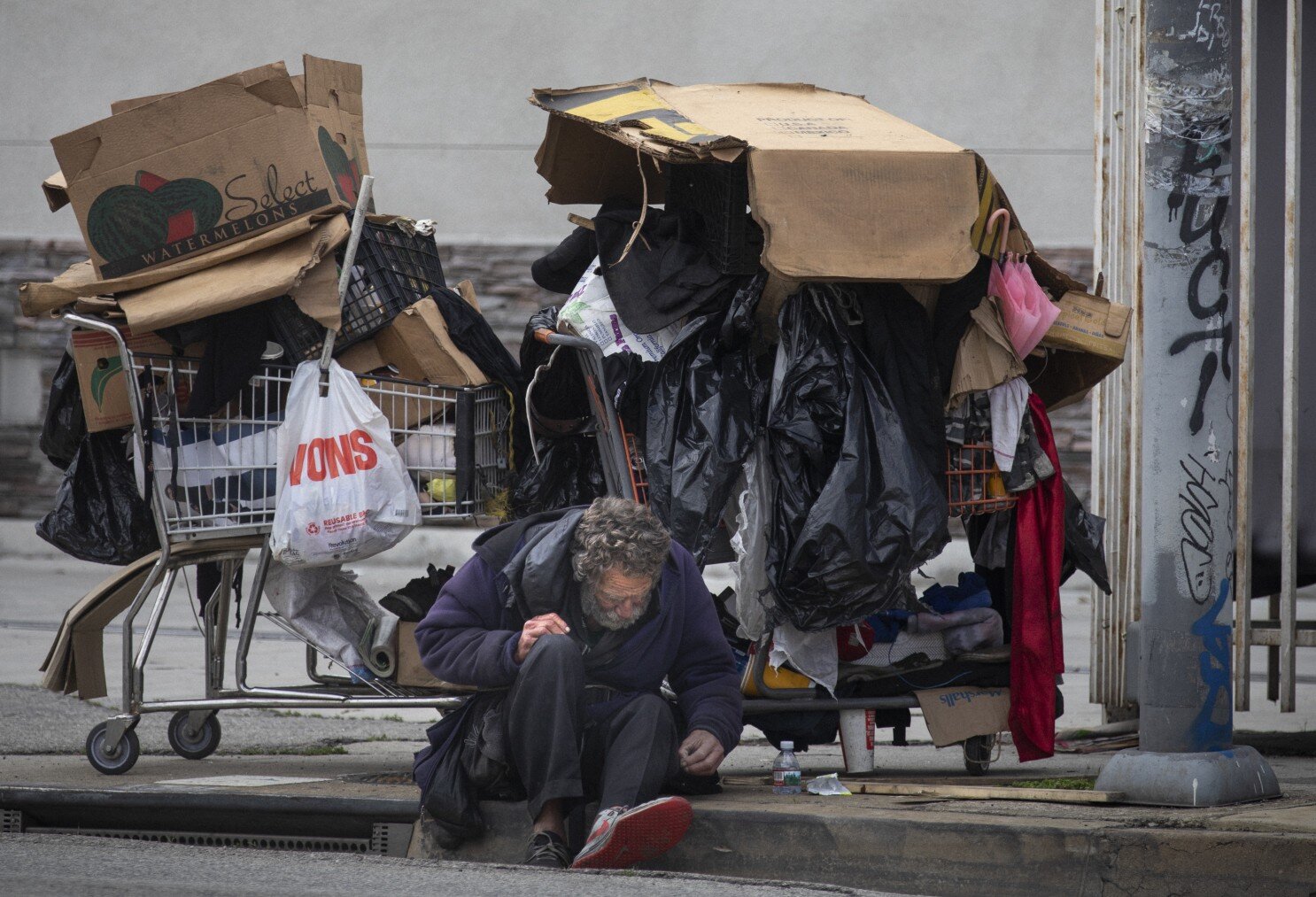When nature becomes no more than a stockpile of natural resources, people become no more than a stockpile of human resources. Mother Earth and Father Sky part ways, divinity flees elsewhere, and mortals are replaced by fleshy robots. Things become mere rubbish, actual or potential; and no world without end remains, having been replaced by an endless warehouse where only vacuity reigns.
I well remember when the “Personnel Department” at the university where I spent forty-two years on the faculty became instead “Human Resources.” No one made so much as a murmur. After all, at our place of employment — a telling expression, place of employment: the place where we are used as our user sees fit! — we had all long before become no more than reserves to be exploited as the needs of the system dictated. Resources have no voice. To have a voice requires that one be a person, a living, breathing human being. So far as our employer was concerned, we were no such beings. We were no more than one kind of resource. So why bother to say anything?
Now that I’m retired from my job at that employer’s place, I have been given back my voice, as it were. I hereby use that voice to protest the reduction of personnel to no more than human resources.
In the same breath where breathes that protest against degrading people to mere human resources, I also protest the corresponding degradation of Earth to no more than the third planet from the sun, just another store of resources to be exploited until they have been exhausted — at which point we can go with Elon Musk to Mars to exploit that fourth planet in turn. I protest such endless exploitation of the soil, wherever we may still find some.
Human resources: Ford assembly line in Detroit, 1913
* * *
[W]e have to consider whether land is just another commercial commodity, or something which we can hold but over which we cannot claim rights or ownership. [. . .] Put another way, is land simply a material substance definable by geographic boundaries, such as a building lot, a ‘natural resource’ waiting for human exploitation like Amazon forest or Alberta tar sands? Or can we think of land as Mother Earth, Pachamama? What can we say of rights to land if she is respected as our mother?
— Brewster Kneen, The Tyranny of Rights
In a couple of lines of his poem “The Death of the Hired Hand,” which takes the form of a dialogue between two friends about a recently dead third, Robert Frost gives what have become two famous definitions of “home.” First, one of the two says: “Home is the place where, when you have to go there/They have to let you in.” Then the other replies: “I should have called it/Something you somehow haven’t to deserve.” Perhaps the two definitions can be combined into one, shorter than either of them: “Home is the place you belong.”
However, it is easy to lose our way and go wandering in the wilderness, no longer able to find our way back home. Resorting to resources, whether “natural” or “human,” is losing our way. What is more, in that very lostness and wandering, and altogether independent of any conscious intentions on our part, we actually end up trashing our home, the place we truly belong. We end up treating home as though it were just a place we can make use of as we see fit, a sterile storehouse of material just waiting around for us to employ as we wish (maybe to procure ourselves a bunch of Mercedes Benzes we can use to pollute the air globally, or Teslas to help Musk exploit Mars).
Earth is home. It is where we all — each and every one of us without any exceptions — belong. Too bad we as a whole are so ignorant of that.
Our ignorance is willful, since it serves our purposes as we have come to find formulated for us those purposes, in our blindness to what is. It helps us go after what we think we want, but which fails to bring us any lasting satisfaction once we attain it. (“Is that all there is?” we ask ourselves.)
We, in our willful ignorance, which is to say our utter stupidity, can no longer even see the forests of our home. We have busied ourselves with using up all such “natural resources,” of course, so that most of the great forests are no more. However, before such deforestation had even begun to pick up speed, we were blind to earth’s rich forests. We went blind just as soon as we first began to relate to those forests as resources at all, rather than as places through which we might wander, risk getting lost, or even take up residence. When forests first ceased to be for us bright darknesses and invitingly mysterious places of awe and wonder and became instead no more than resources to be harvested and used up, we were blinded and struck stupid. As they became just another natural resource, we became no more than human resources.
That is the cost of resorting to resources.
Natural resource: coal strip mining in Wyoming









